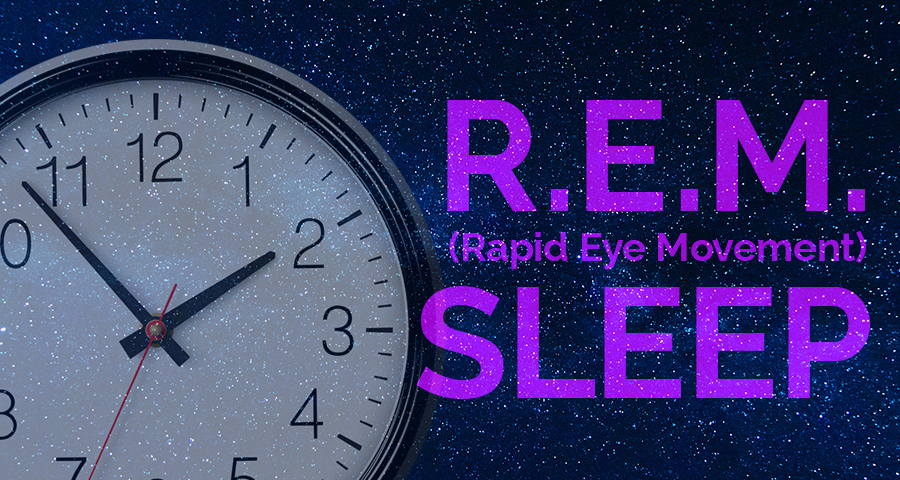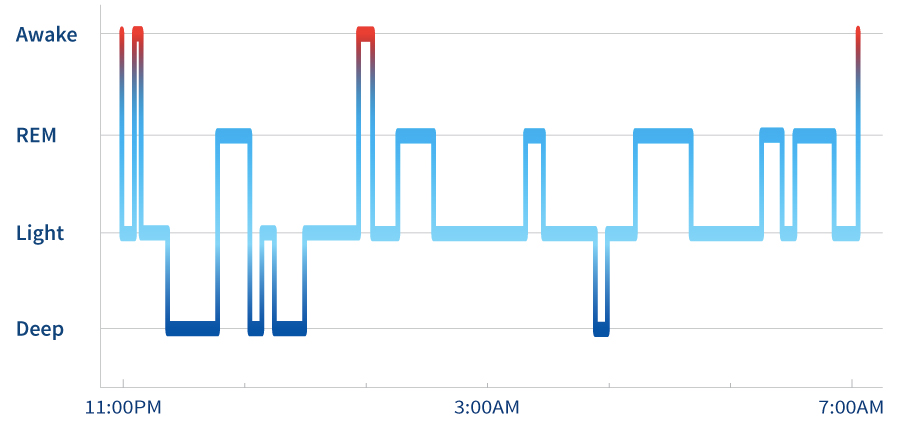
Sleep is a vital component of our overall well-being, yet many of us underestimate the significance of different sleep stages — especially rapid eye movement (REM) sleep. Understanding REM sleep can help you enhance your nightly rest, leading to improved cognitive functions, emotional health, and an overall better quality of life.
What is REM Sleep?
REM sleep typically occurs about 60 to 90 minutes after you drift off for the night. This fascinating stage is when we experience vivid dreams and significant brain activity, while our bodies remain essentially paralyzed. This paralysis is a natural defense mechanism that prevents us from acting out our dreams, keeping us safe while we explore the imaginative world of our subconscious.
During REM sleep, your heart rate increases, your breathing becomes more rapid, and your brain initiates essential processes for memory, creativity, and emotional processing. Ideally, adults should aim for 4 to 6 cycles of REM sleep per night for optimal health, whereas babies and children require more due to their rapid cognitive and physical development.
Healthy Adult Sleep Cycle

The Importance of REM Cycles
A typical REM period begins with about ten minutes of dream activity and can lengthen to as much as an hour in later cycles. These cycles are vital. Poor REM sleep can lead to cognitive and emotional challenges, affecting your memory, ability to concentrate, and stress management. Additionally, certain conditions like sleep apnea, narcolepsy, and insomnia can further disrupt normal sleep patterns, leading to insufficient or fragmented REM sleep.
How to Improve Your REM Sleep
If you’re struggling to get adequate REM sleep, here are some effective strategies to enhance your sleep cycles:
🛏️ Invest in a Memory Foam Mattress:
Your sleeping surface matters! A pressure-causing mattress will rob you of your deep sleep. It not only affects you, but can rob your sleep partner of REM cycles when you are bouncing around all night. A memory foam mattress can help reduce tossing and turning, allowing you and your partner to maintain your REM cycles uninterrupted.
🍷 Limit Alcohol Intake:
While it might seem that a drink before bed helps you fall asleep, alcohol is a depressant that reduces REM sleep duration. Avoid drinking too close to bedtime to ensure your body can reach the restorative stages of sleep.
☕️ Monitor Your Caffeine Consumption:
Though caffeine is great at promoting alertness in the morning, excessive intake throughout the day can hinder your ability to complete necessary sleep cycles. Aim to cut off caffeine in the early afternoon to protect your sleep routine.
🪟 Create a Sleep-Friendly Environment:
Consider investing in earplugs or a white noise machine to block out disruptive sounds at night. Avoid ticking clocks in your bedroom that can pull you out of deep sleep. A conducive sleep environment, which might include adjustable lighting and a comfortable temperature, can significantly improve your sleep quality.
🌓 Establish a Sleep Schedule:
Going to bed and waking up at the same time each day can help regulate your body’s internal clock, making it easier to achieve the appropriate amount of REM sleep.
⌚️ Track Your Sleep:
Utilizing a sleep tracking device can offer insights into your sleep cycles and help you identify patterns that may be affecting your REM sleep.
Incorporating these practices into your nightly routine can help you maximize the benefits of REM sleep. Taking care of your sleep cycles is integral to physical recuperation and mental clarity. The next time you settle in for a night’s rest, remember: achieving the right amount of REM sleep is key to unlocking your potential, amplifying your creativity, and nurturing your emotional health. Prioritize your sleep, and let your dreams propel you into a better tomorrow!





